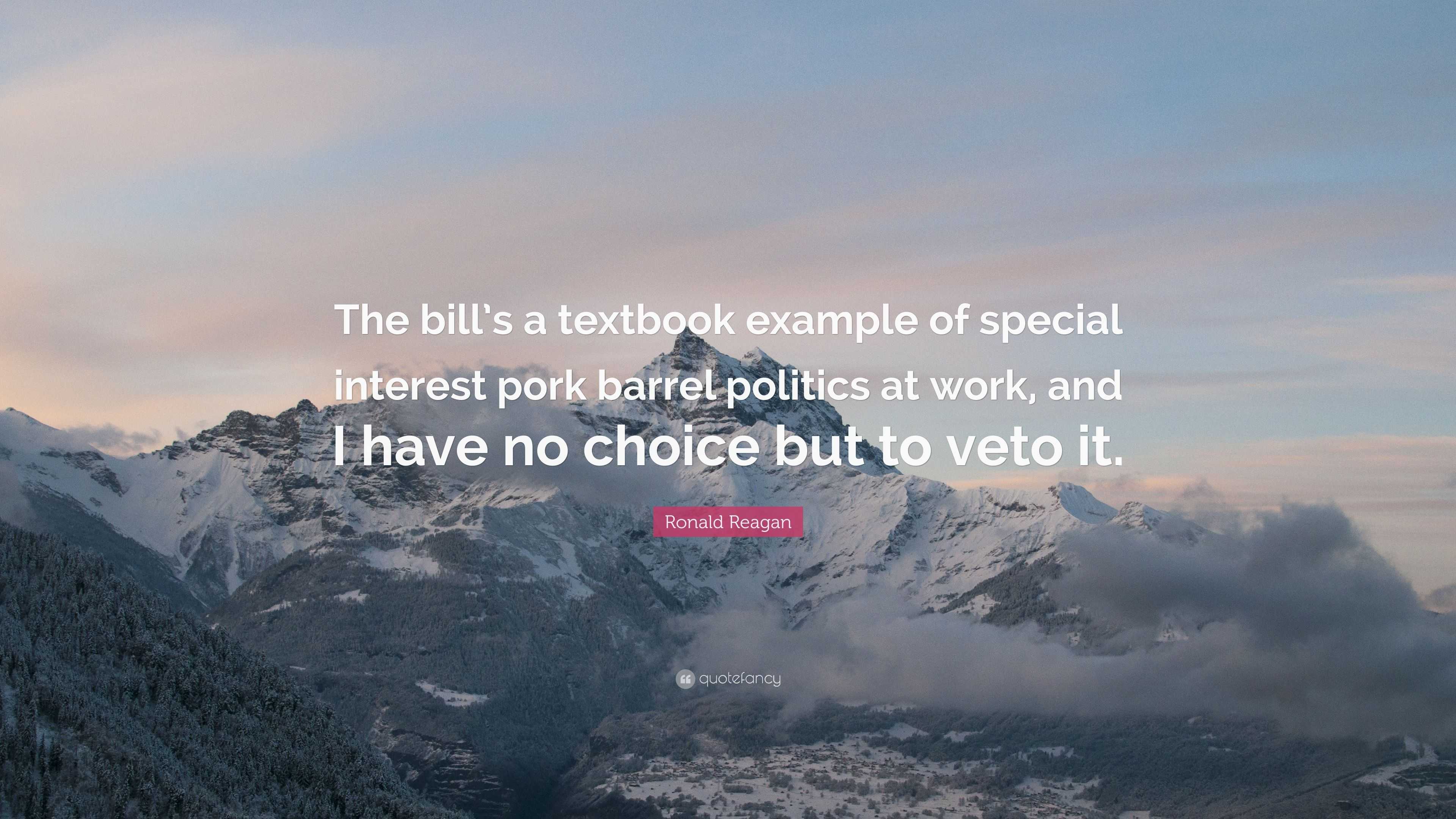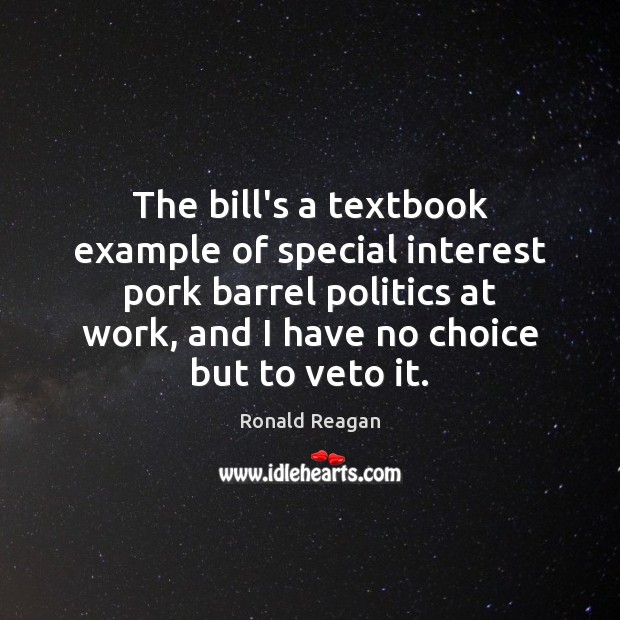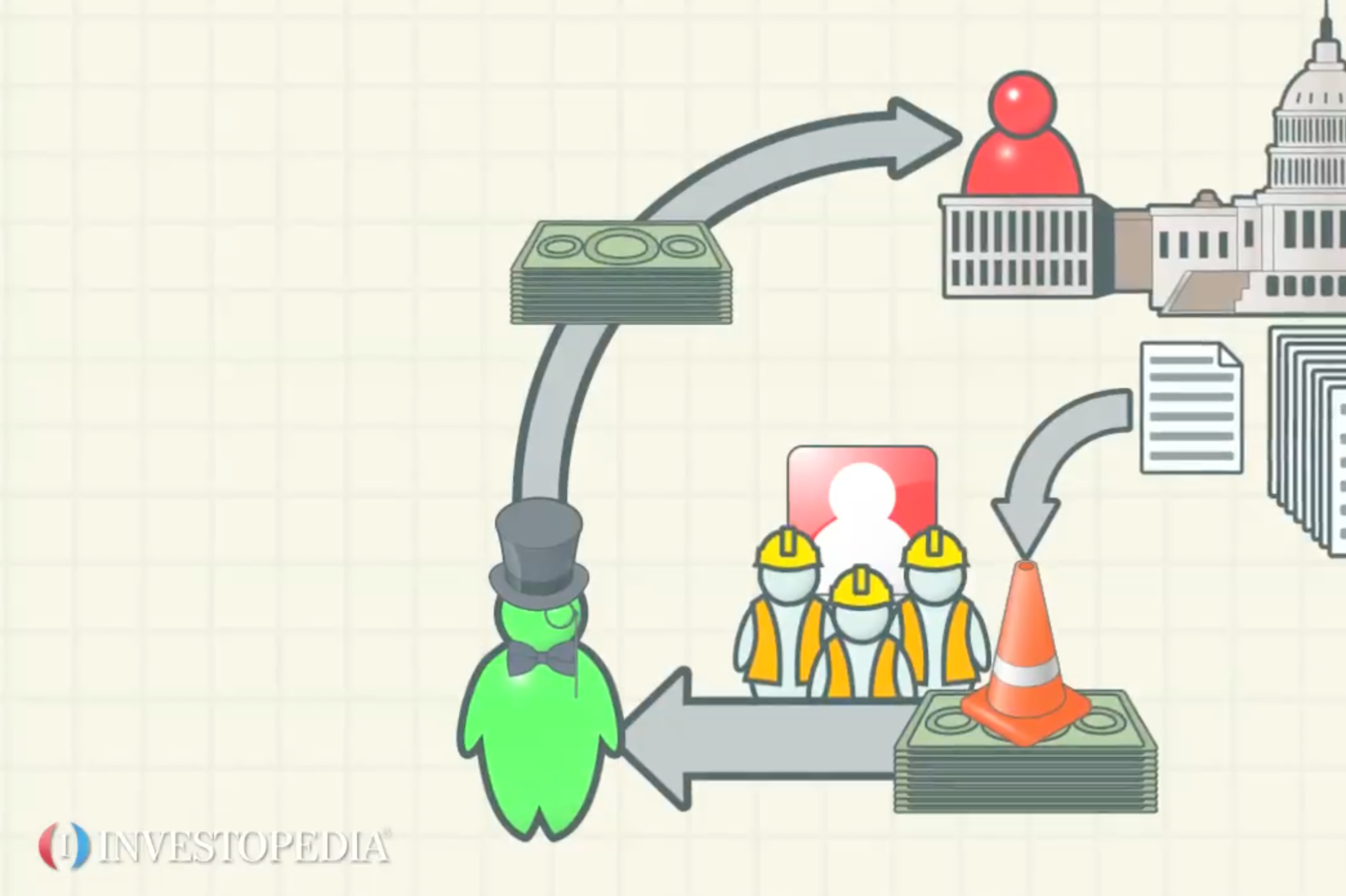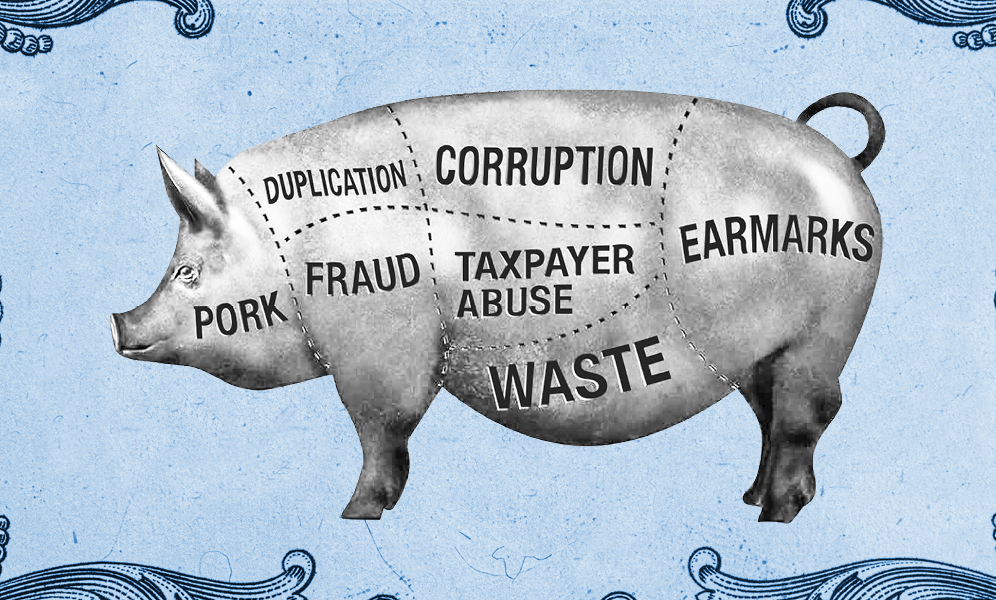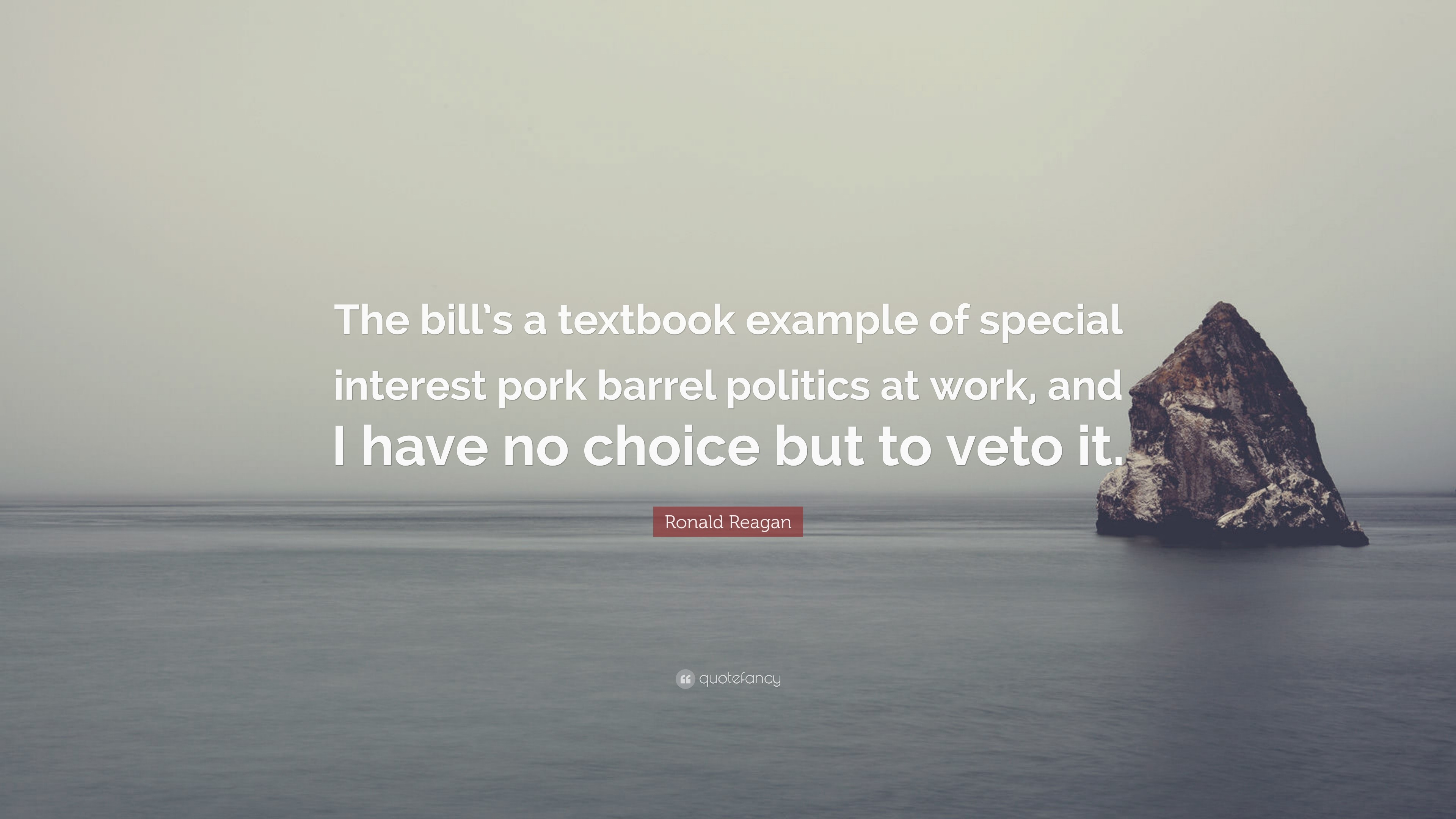Pork barrel politics, also known as "bringing home the bacon," refers to the practice of politicians securing funding for projects or programs that primarily benefit a specific group or region, often at the expense of the broader taxpayer. These projects, also known as "pork barrel spending," are often used as a means for politicians to gain support and win votes from constituents by bringing tangible benefits to their districts or states. While pork barrel politics can sometimes bring necessary funding to underfunded areas or address pressing local issues, it can also be used as a means for politicians to advance their own interests or those of special interests groups at the expense of the general public.
One example of pork barrel politics can be seen in the use of earmarks, which are provisions in legislation that allocate funds for specific projects or programs. Earmarks have a long history in the United States, but they became particularly controversial in the late 2000s when they were used to fund projects that seemed to have little merit or were inserted into legislation at the last minute without proper review. In 2010, Congress passed a moratorium on earmarks in an effort to reduce pork barrel spending, but the practice has continued in various forms.
Another example of pork barrel politics can be seen in the allocation of federal disaster relief funds. After a natural disaster, politicians may be tempted to direct relief funds towards projects or programs that benefit their own districts or states, rather than those that are most in need. This can lead to an unfair distribution of resources and create resentment among those who feel they have been overlooked.
Pork barrel politics can also be seen in the practice of gerrymandering, which is the manipulation of electoral district boundaries for political gain. By redrawing district lines to favor one political party over another, politicians can secure a greater number of seats in Congress or state legislatures, even if they do not have the support of the majority of voters. This can lead to a distorted representation of the electorate and undermine the democratic process.
Overall, pork barrel politics can have negative consequences for the general public, as it can lead to the allocation of resources to projects or programs that do not have a strong public benefit. It can also create a sense of cynicism among voters who feel that their representatives are more interested in advancing their own interests than those of their constituents. While it may be difficult to completely eliminate pork barrel politics, efforts to increase transparency and accountability in the legislative process can help to reduce its influence and ensure that taxpayer funds are used in a responsible and fair manner.

